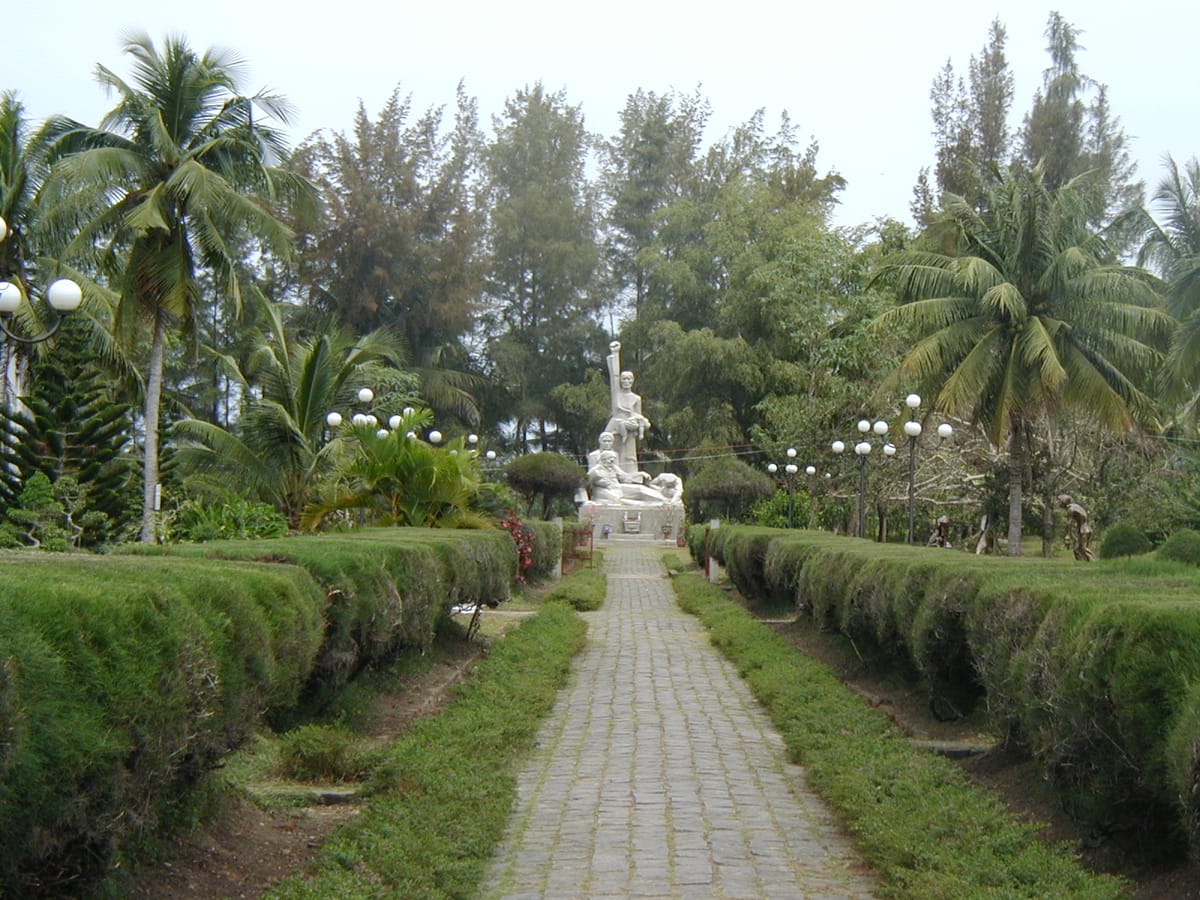Reflections: Lieutenant William L. Calley, Jr. and Vietnam
Following the death of Lieutenant William L. Calley, Jr., Oxford Free Press board member Allan Winkler writes that Americans must confront the dark parts of American history, including the My Lai Massacre during the Vietnam War.

Last month, the death of Lieutenant William L. Calley, Jr., the convicted killer of hundreds of Vietnamese civilians in Vietnam, was announced. He was 80 years old when he died in April, though his death wasn’t reported on until late July.
In a difficult and troubling war, the My Lai massacre was perhaps the most horrifying episode. Hidden from view by the Army, the truth finally emerged thanks to journalists like Seymour Hersh, who won a Pulitzer Prize for his reporting. As the truth appeared, it only strengthened the anti-war movement that finally brought that troubling conflict to an end.
Soldiers fighting in a guerrilla war, where they couldn’t tell who was an enemy, had a difficult time, to be sure. But sometimes their reaction went beyond the pale of decency, even in a wartime setting.
In 1968, a U.S. infantry company was sent by helicopter to clean up the small village of My Lai in South Vietnam. Officials thought it harbored 250 enemy Viet Cong soldiers. The Charlie Company, under the command of Lieutenant Calley, had already taken heavy losses. In My Lai, they found not enemy soldiers, but women, children and old men. Worn out, exhausted and angry, they mowed down hundreds of Vietnamese civilians in cold blood.
The My Lai Memorial lists 504 victims of the massacre. In his trial, Lieutenant Calley was found guilty of murdering 22 Vietnamese civilians.
Paul Meadlo, one of the participants, described in detail what happened in an interview. “We huddled them up. We made them squat down, and Lieutenant Calley came over and said, ‘You know what to do with them, don’t you?’” When nothing happened, Calley returned and said, “I want them dead.” And the slaughter began.
Back in 2010, when I was still teaching at Miami, I co-taught a course on “Vietnam and the United States.” It was a seminar for 15 students, and as part of the course, we took a 10-day trip to Vietnam during spring break.
The class was a diverse mix. While most of the students were in their early 20s, the group included Brandon, a marine with 10 years in the infantry, now working for an undergraduate degree, and Chris, a war protester in the 1960s, who had then spent 21 years in the Navy and was now studying to be a journalist. It also included Wendy, formerly in the Air Force and married to an officer still working in that branch of the service.
As we worked our way south from Hanoi, I insisted we go to My Lai. It was sobering. A simple museum contained pictures, taken by an Army photographer, of the senseless slaughter. Outside, no trace of the village remained, but there were plaques scattered around the grounds pointing out where different families, all killed, had once lived. A large statue of five figures, some bent over with pain on their faces, commemorated the horror, while a mosaic wall, near the open ditch where bodies had been piled, served as another memorial.
A young woman whose aunt was one of the approximately 500 victims, spoke to us for about half an hour about what had happened that awful day. I watched as Brandon, our career soldier, borrowed a lighter to rekindle sticks of incense that had gone out in front of the statue. As we left, Wendy said quietly, “This afternoon I have a very heavy heart.”
Vietnam remains on my mind, and on our country’s collective mind. Every conflict, whether in the Middle East or Afghanistan or anywhere, reminds us of what happened during the 1960s. Today Kristin Hannah’s novel “The Women,” about the war and its aftermath, remains at the top of the best-seller lists.
Lieutenant Calley lived with the horror of what he had done, and evidently voiced remorse at the end of his life. It behooves us to remember what happened then, and to make sure it never happens again.
Allan Winkler is a University Distinguished Professor of History Emeritus at Miami University, where he taught for three decades. He serves on the Board of Directors for the Oxford Free Press.




